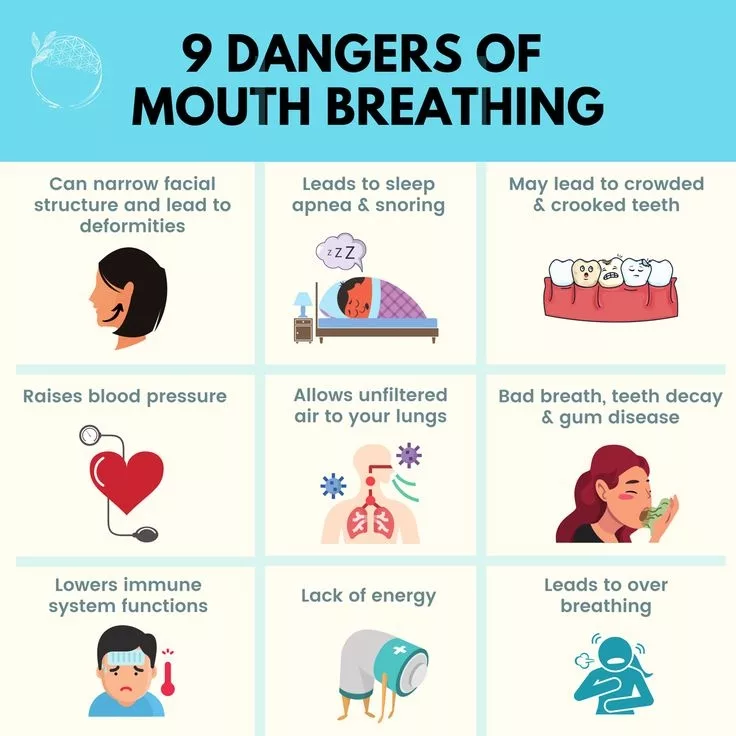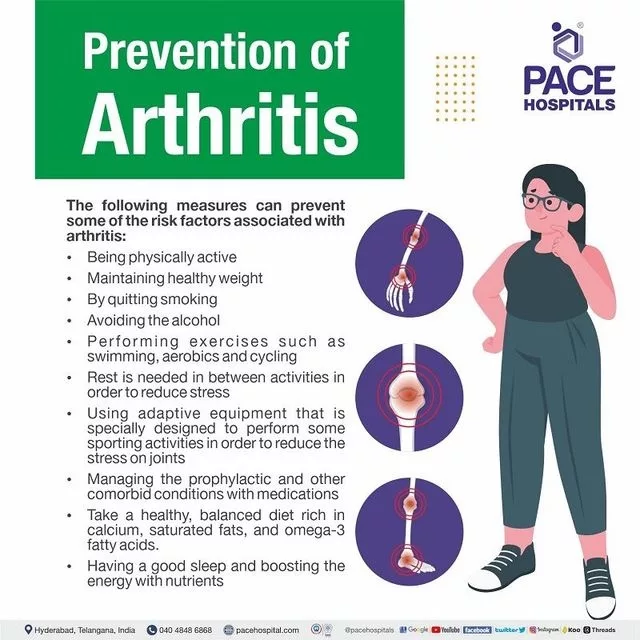To avoid diabetic complications? Learn about healthy diabetic dietary habits and lifestyle guidelines
Today, we’re going to explore healthy diabetic dietary habits and lifestyle guidelines. Let’s find out how to eat and what kind of lifestyle to maintain in order to avoid diabetic complications. I hope this will be helpful for those struggling with diabetes. Let’s get started.

What is Diabetes? Understanding the Basics
Diabetes is a metabolic disease characterized by an abnormal regulation of blood glucose (blood sugar) levels, due to either a lack of insulin or the body’s inability to use insulin effectively. Diabetes can be caused by various factors and is mainly classified into Type 1 and Type 2 diabetes. Type 1 diabetes is known to occur due to an autoimmune attack destroying the cells that produce insulin. On the other hand, Type 2 diabetes is often associated with obesity and occurs when insulin cannot be effectively used by the body.

The Importance of a Healthy Lifestyle with Diabetes
For people with diabetes, maintaining a healthy lifestyle is crucial. Through healthy eating and lifestyle habits, blood sugar control can be smoothly facilitated, and the possibility of developing diabetic complications can be reduced. Moreover, appropriate exercise, stress management, and regular check-ups can prevent and manage the complications of diabetes.
Basic Dietary Management:
Meal Planning for Diabetics Diabetics can control their blood sugar through diet management. It’s important to increase the intake of high-fiber foods, dietary fiber, and protein, and to avoid foods high in glucose and sugar content. Also, maintaining regular meal times and portions, and keeping a balanced diet are crucial.

Essential Nutrients and Foods for Blood Sugar Control
Various nutrients and foods are necessary for blood sugar control. For example, omega-3 fatty acids can help with blood sugar management, and foods like avocados and broccoli can stabilize blood sugar levels. Additionally, fruits and vegetables rich in dietary fiber, and foods containing healthy fats and proteins can also aid in blood sugar control.
Strategies for Blood Sugar Management in Daily
Life Several strategies should be practiced in daily life for blood sugar management. For instance, regular exercise greatly aids in controlling blood sugar, managing stress, and getting enough rest are also important. Moreover, skin care and regular check-ups can reduce the possibility of diabetic complications.

Types of Diabetic Complications and Prevention
Methods Diabetic complications refer to various complications that can arise from diabetes. Key examples include diabetic retinopathy, diabetic nephropathy, and diabetic neuropathy. These complications can be prevented through meticulous diabetes management, regular check-ups, and managing blood pressure and cholesterol to reduce the risk of complications.
The Importance of Exercise in Diabetes Management
Appropriate exercise is essential for diabetes management. Aerobic exercise and low-intensity strength training can help with blood sugar control, and strength training can improve insulin efficiency. It’s important to incorporate feasible exercises into daily life for diabetes management.

Managing Stress and Maintaining Mental Health
Stress is one of the factors that can negatively affect diabetes. Managing stress and maintaining mental health are crucial parts of diabetes management. Practicing meditation, yoga, and breathing exercises in daily life, and maintaining a positive mindset can be helpful.
Communicating with Doctors:
The Importance of Regular Check- Ups for Diabetes Management Communication with doctors is very important for diabetes management. Through regular check-ups, blood sugar levels and the risk of complications can be monitored, and proper treatment can be administered based on the doctor’s advice. Communicating with doctors can enhance understanding of diabetes management and maintain a healthy lifestyle.
Ups for Diabetes Management Communication with doctors is very important for diabetes management. Through regular check-ups, blood sugar levels and the risk of complications can be monitored, and proper treatment can be administered based on the doctor’s advice. Communicating with doctors can enhance understanding of diabetes management and maintain a healthy lifestyle.

Tips for Long-Term Diabetes Management and Maintaining a Healthy Lifestyle
Diabetes requires lifelong, continuous management. Long-term diabetes management requires regular diet and exercise, regular check-ups, and maintaining healthy lifestyle habits such as stress management, getting enough sleep, and quitting smoking. By consistently practicing these tips, diabetes management and a healthy lifestyle can be maintained together.
This way, we have explored how to avoid diabetic complications through healthy diabetic dietary habits and lifestyle guidelines. People with diabetes can reduce the possibility of diabetic complications through regular check-ups, diet management, exercise, and stress management for blood sugar control. Although lifelong management is necessary, maintaining healthy lifestyle habits and communicating with doctors can achieve the best outcomes. Let’s strive for a healthy and happy life through knowledge and effort in diabetes management! 💪🌱





